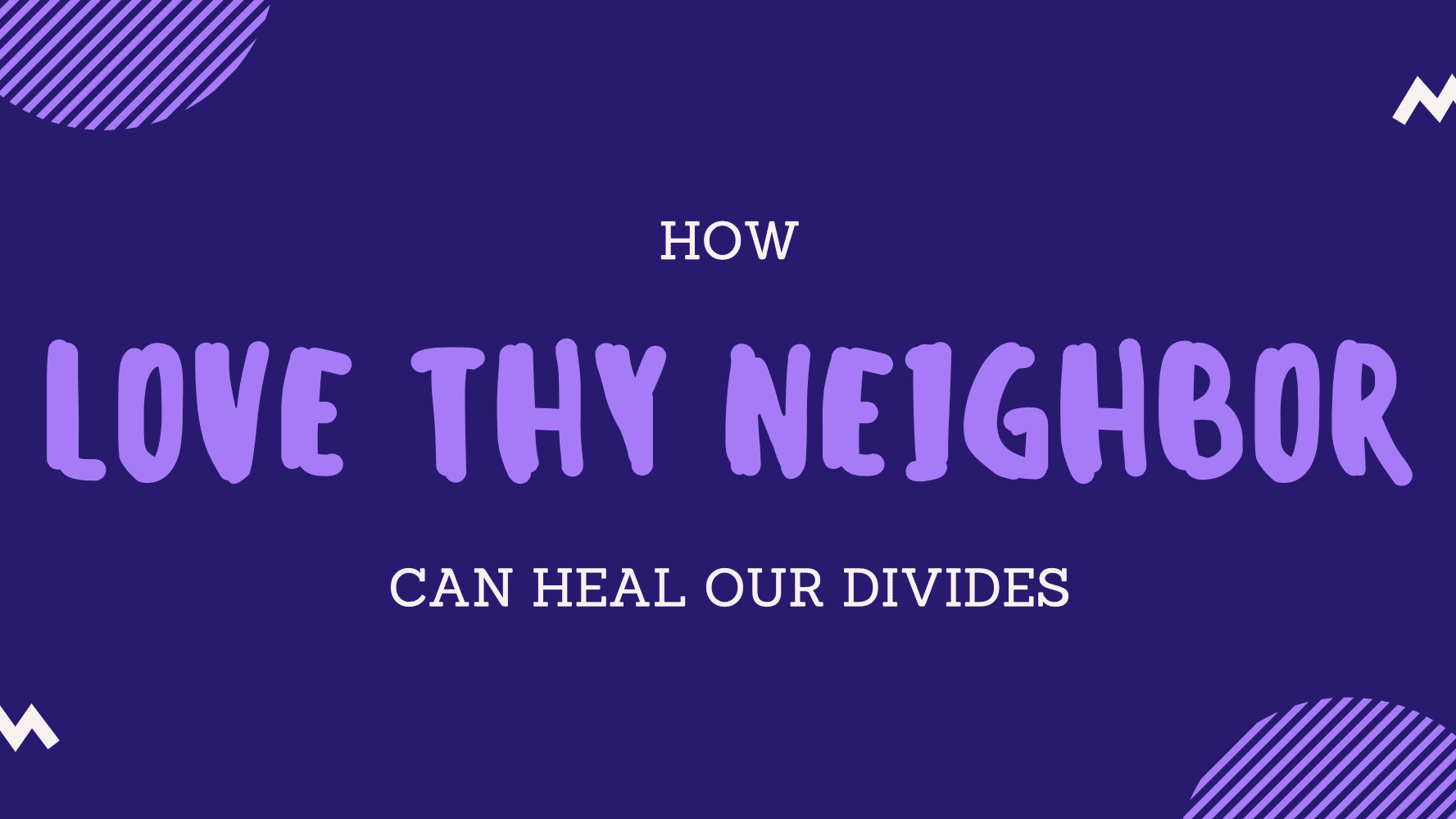Not long afterward Jesus was walking through some wheat fields on a Sabbath. His disciples were hungry, so they began to pick heads of wheat and eat the grain. When the Pharisees saw this, they said to Jesus, “Look, it is against our Law for your disciples to do this on the Sabbath!”
Jesus answered, “Have you never read what David did that time when he and his men were hungry? He went into the house of God, and he and his men ate the bread offered to God, even though it was against the Law for them to eat it—only the priests were allowed to eat that bread. Or have you not read in the Law of Moses that every Sabbath the priests in the Temple actually break the Sabbath law, yet they are not guilty? I tell you that there is something here greater than the Temple. The scripture says, ‘It is kindness that I want, not animal sacrifices.’ If you really knew what this means, you would not condemn people who are not guilty; for the Son of Man is Lord of the Sabbath.”
Matthew 12:1-8 GNT
Jesus was always getting himself in trouble.
Instead of sticking to the letter of the law, seeking to rigidly walk the narrow interpretation of every Biblical text, Jesus often subverted the literal reading in favor of a more inclusive, grace-centered interpretation.
In this text, Jesus and his disciples are walking through a field on a Saturday evening. After a long day, his disciples were famished. So, they decided to pick some grain to tide them over.
Jesus’ disciples knew that the literal reading of the Law condemned any work on the Sabbath. Including harvesting grain. They knew if anyone saw them picking heads of wheat, they would likely get called out.
But they didn’t really seem to care. Because after walking with Jesus for so long, they had finally begun to understand his message.
Jesus’ Gospel wasn’t about obedience to the Law to obtain righteousness. It wasn’t about rigid theological boundaries.
Jesus’ Gospel was the proclamation of the arrival of the Kingdom of God. The year of Jubilee. The era of grace, celebration, and liberation. It was a proclamation of justice, mercy, and righteousness.
Jesus’ Gospel revealed what was most important to God: Not obedience to a rigidly defined law-code, but love and self-sacrifice to God and to each other.
If the Kingdom of God had come near, then the Sabbath was no longer seen as a burdensome requirement but a gift given to us by God out of his mercy. It wasn’t about adhering to a long list of prohibitions. It was about taking time to care for our selves, to relax, and to find rejuvenation.
But of course, a group of Pharisee’s, the religious sect to which Jesus himself belonged, walk by Jesus and his disciples and immediately zero in on their clear violation of the written Law of God.
The Pharisee’s felt obligated, as teachers of the word of God, to speak up. To call out the disciples sin. To uphold the standard of righteousness. To defend the authority of the word of God.
Instead of addressing the disciples themselves, they voice their concerns to Jesus, their theologically deviant Rabbi.
“Jesus, you know have studied in our seminaries. You know the word of God. You know that working on the Sabbath is a grievous violation of God’s command. And yet, you let your disciples sin openly, without rebuke!”
But Jesus, knowing the word of God in and out responds to the Pharisee’s complaint with scholarly precision.
“Wait a second. Do you remember our forefather David? When he was hungry, he went into the holiest place in the Temple and ate the bread that was dedicated only for use by the high priest. Wasn’t that, in your opinion, a radical violation of the word of God? And what about the priests themselves? According to your literalistic interpretation of the Law, they violated the clear teaching of the Scriptures every Sabbath. Yet, they were not counted as “guilty” by God.”
The Pharisees were silent.
“You guys, there is something more important the Temple. More important than religious rituals and institutions. More important than sacraments and ceremonies. That’s not what God really is interested in.
Instead, God wants us to be generous, kind, and merciful to one another. That’s all that it takes to fulfill the Law.”
The Pharisee’s glanced at one another, knowing that Jesus was quoting straight from the Scriptures.
What could they say? He had used the Bible to undermine their Biblical standards. Yet he couldn’t be right. He was undermining the authority of the Scriptures. He was taking the clear literal reading of the word of God and interpreting it through a different lens.
Jesus could see their discomfort.
“If you all actually understood this principle, you would spend your time walking around and condemning those who do not adhere to your narrow interpretation. You’d see that God is not interested in ritualistic obedience and rigid adherence. All that he wants is for us to love one another.
How do I know this? Well, I am the LORD of the Sabbath, after all.”
The Pharisees walked away, murmuring among themselves about how heretical Jesus and his teachings were, about his disregard of the clear teachings of scripture, and about his liberal, wishy-washy message of “love” and “justice”.
Fast-forward 2,000 years.
Today, the Church finds itself in the middle of this very narrative. So many issues could be inserted in place of picking wheat on the Sabbath. Whether it’s working for ecumenical unity or standing for marriage equality, many Christians who are taking a non-traditional stand on various issues are facing great criticism from our fellow disciples who take a more narrow approach to Biblical interpretation.
These folks are not bigots. They’re not hateful. They just really believe that God is calling them to uphold every word of Scripture in its most literal reading. They just want to be faithful to the teaching of the Bible.
The problem is, in our desire to uphold every iota of Scripture, we often miss the bigger picture.
God is not interested in our adherence to ceremonies and sacraments. He’s not interested in us winning culture wars. He’s never asked us to embark on a crusade. He’s not calling us to defend an institution.
Rather, he’s calling us to do justice, love mercy, and walk humbly. He’s calling for us to be the hands and feet of Christ, living witnesses to the word made flesh. He’s calling for us to abandon our desire to be right, to earn his favor, to defend our hermeneutic, and instead, figure out what it looks like to love like Jesus.
And based on this story, it seems to me that that looks like eating grain when you’re hungry even if it’s “against the law”.
Like lifting our eyes up from Leviticus and gazing at the Imago Dei that shines through every person that we encounter.
Like standing for civil rights of those with whom we may disagree.
Like understanding that the Gospel has nothing to do with obedience to the letter of the law and everything to do with radical grace and the Spirit of Righteousness that God calls us to embrace.
Jesus came to subvert the norm. To call into question our interpretations and understanding of what it looks like to be people of God. Jesus came to pull us forward, beyond rituals and religious laws to an age of progress, of kindness, of radical, messy, and offensive, love.
God is calling the Church forward into a new day. All of our presupposed beliefs and practices are being called into question. We can, like the Pharisees, drill down deeper and assert that the “way things have always been” is the way things should always be.
Or we can, following in the steps of our Rabbi, chose to move with the breeze of God’s Spirit, forward into uncharted territories that may look to some like a “violation” of the word of God. But knowing that God desires our lives of self-sacrifice and kindness, not our rigid obedience to religious ideas.
God is indeed calling us into a new day.
And it seems to me that it looks a lot like justice. A lot like equality. A lot like grace.














